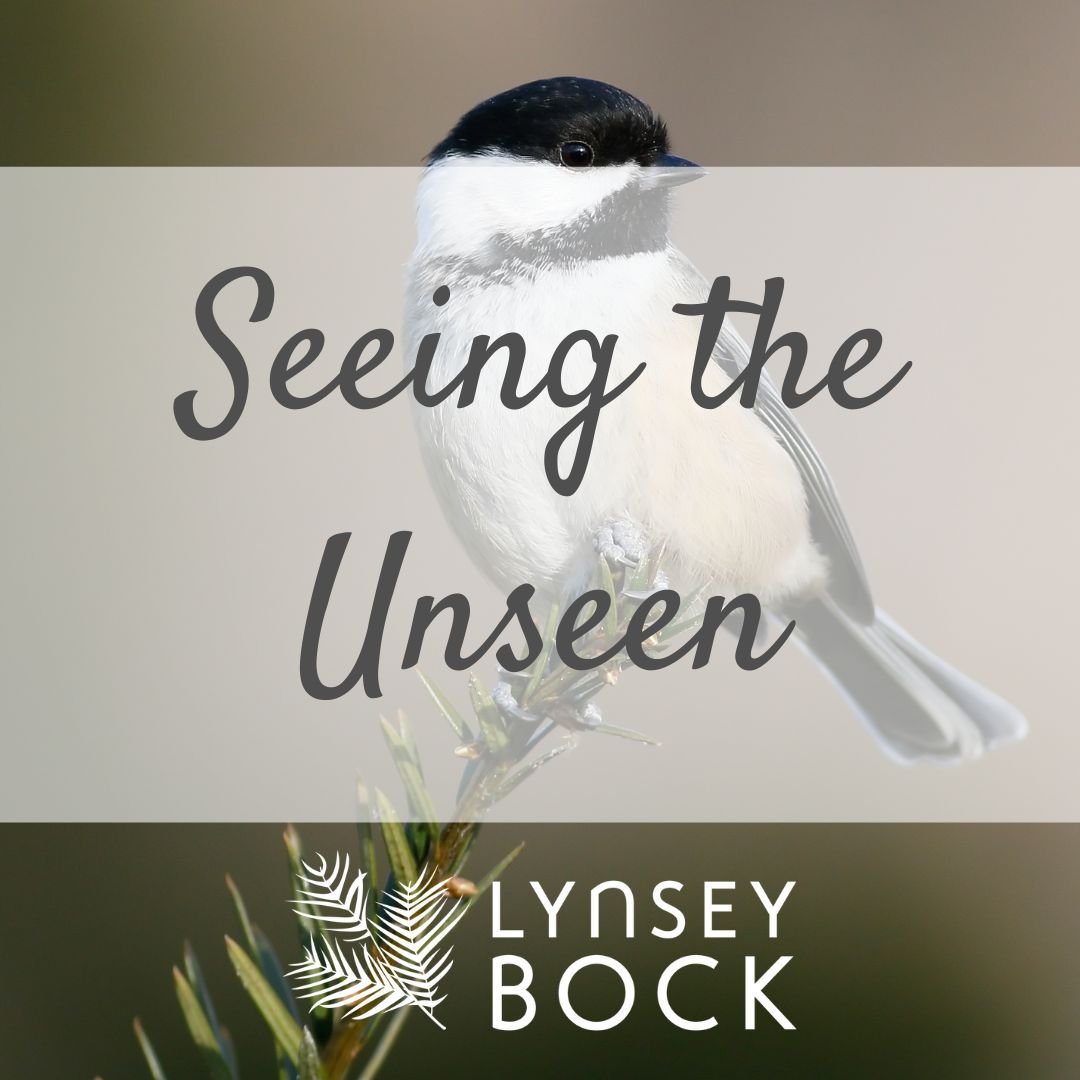There is one whose rash words are like sword thrusts, but the tongue of the wise brings healing.
Proverbs 12:18
Words that Hurt
As most of you are probably aware, our decision to adopt at this time in our lives was partly prompted by fertility problems. Although adoption has been a part of our vision for our family since we were dating, our initial plan to have biological children before adopting wasn't feasible. That became apparent not long after we began trying to get pregnant back in September 2012.
Infertility is heartbreaking in a lot of ways, but none more so than in the ways that the careless words of others can pierce the heart. The little comments, questions, and jokes are always innocent enough:
"You should think about giving your parents some grandchildren to enjoy."
"When are you guys going to have kids?"
"There must be something in the water at this church: the women are always getting pregnant!"
So many people said things like this to us, not realizing that we were having trouble conceiving. There was no way for them to realize the hurtful impact of their words: the grief they were piling onto my aching heart. It's already hard watching our friends become parents (or continue adding to their families) without us, but the pain is magnified by poorly chosen words from others. This is why infertility awareness is so important.
1 in 8 couples (or 12% of married women) have trouble getting pregnant or sustaining a pregnancy, and most of them choose to keep their struggles private. That means that you probably know several couples who have infertility, or have dealt with it in the past, even if they've never told you about it. You probably also have friends who've lost pregnancies who may be similarly sensitive to the subject. You could easily make an "innocent" comments, deeply wounding someone without realizing it.
Even though we've chosen adoption, the subject of pregnancy is still very difficult for us.
The responses we’ve received about our plans to adopt have been overwhelmingly positive, and that’s been very encouraging to us. Sadly, some people inadvertently open up old wounds with their words, particularly with a certain comment we hear frequently:
“As soon as you adopt, you’ll get pregnant.”
Honestly, when I hear this, I try really hard to take it the way it was intended. I think they’re trying to say that they’re happy for us, and that they share in our excitement over adding children to our family. Whether we adopt again later or are able to have biological children, we will rejoice in seeing our family grow. Do I want to be able to get pregnant? Absolutely. Have I totally given up hope that I ever will? Not at all.
Still, there’s another side to that statement: a side that, intentionally or not, is hurtful, because it perpetuates negative perceptions of adoption and infertility.
It Suggests That Adoption is a Means to an End
Adopted children are not fertility charms. We are not adopting to become pregnant; we are adopting to become parents. Even if we wanted it to work that way, there isn’t any scientific evidence to suggest that adoption increases pregnancy rates at all. For couples experiencing infertility,the “spontaneous cure rate” (getting pregnant without further treatment) is only about 5%. Every case of infertility is different, and there’s still a possibility that we could get pregnant later, but adopting will not impact our fertility one way or the other.
Certainly we would be thrilled if we became pregnant, but we aren’t counting on it. You’re welcome to pray for that kind of miracle! If it’s God’s will, it will happen.
It Suggests That Infertility is an Attitude Problem, Not a Biological One
This is a mindset that’s been hurtful to us since we started having trouble conceiving. Often, when we chose to confide in people about our infertility, their response would be something along the lines of:
“Just relax! It’ll happen!”
I think this is supposed to be reassuring, but for someone struggling with all of the stress and heartbreak of infertility, it often feels like an accusation: “Your anxious mindset is preventing you from becoming pregnant. It's all your fault.”
What was meant to be encouraging feels more like rubbing salt in a wound.
We are thrilled to be adopting, but that doesn’t mean the pain of infertility is gone. It is still a very real part of our lives. Every time our friends announce their pregnancies, or post pictures of their babies, there is a part of me that aches for the dreams we had for our family. The reality is, we may never have biological children. God is reshaping our dream for our family, and it will be better and more beautiful than the dreams we had for ourselves, regardless of whether we have biological children or not.
It Suggests That Adoption is Second Best
Adoption is not just a “Plan B” for us, or some kind of “consolation prize.” It may be happening sooner than we expected, but we are not at all disappointed to be adopting. In fact, the choice to move from fertility treatments to pursuing adoption was a joyful one to make. Feel free to share in our joy!
Words that Heal
I realize that no one intentionally tries to hurt us with their words, and I would hate to pile a bunch of guilt on to anyone who inadvertently made such comments to us. My hope is simply to share our experiences and raise awareness so that others will be more thoughtful about their conversations with us and anyone who might be struggling to conceive.
I can't speak for couples facing secondary infertility (infertility after having one or more previous successful pregnancies) but I do have one one suggestion that may help you navigate this subject with couples who don't have children and may be dealing with fertility issues: tell them they will make great parents.
This is a thoughtful compliment and a gentle way to broach the subject without being intrusive or insensitive. The listener has the option to respond with a simple "thank you", or to delve further as they feel comfortable. It's also very reassuring. I can't tell you how many times I've wondered whether our troubles conceiving are a sign that we aren't meant to be parents because we'd be bad at it, and I believe other infertile couples may feel this way as well. A sincere encouragement in this area is always welcome.






